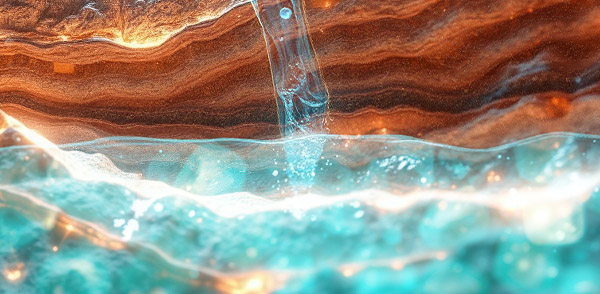
HOW WE EXECUTE INDUSTRIES
Ready to bring bigger, better, faster and stronger projects than before!!
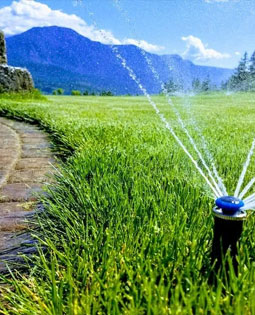
- Nsectetur adipisicing eiusmod Tempor
- Labore et dolore magna aliqua enim
- Veniam quis nostrud ullamco laboris
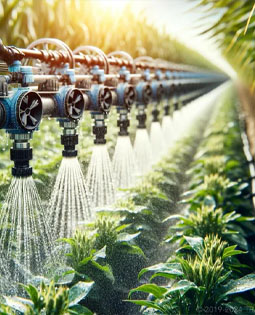
- Nsectetur adipisicing eiusmod Tempor
- Labore et dolore magna aliqua enim
- Veniam quis nostrud ullamco laboris
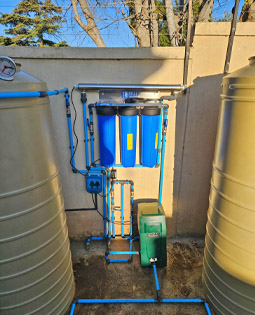
- Nsectetur adipisicing eiusmod Tempor
- Labore et dolore magna aliqua enim
- Veniam quis nostrud ullamco laboris
OUR wedrill HISTORY
How We Drill @ Wedrill
We Start with Topsoil Layer
The drilling process begins with the topsoil, the outermost layer of soil that is rich in organic matter and nutrients. From the drill's perspective, this layer presents the least resistance due to its loose and friable texture. Topsoil is composed of fine particles, decomposed plant material, and microorganisms, making it relatively simple to cut through. However, care must be taken to stabilize the drill and prevent collapsing of the surrounding material, especially in areas with sandy or highly erodible soil. This layer is critical as it often determines the initial alignment and anchoring of the drill rig.
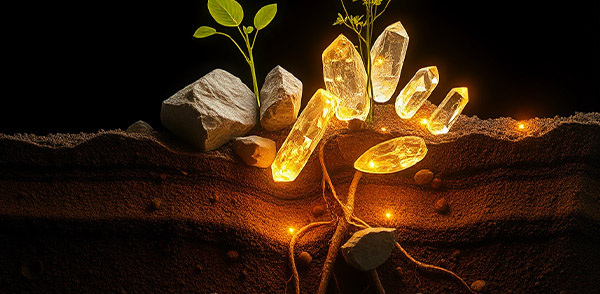
We expertly Drill the Subsoil Layer
Below the topsoil lies the subsoil, a denser and more compact layer made up of mineral deposits, clay, and weathered rock fragments. Drilling through this layer requires slightly more power and torque as the material becomes increasingly resistant. The subsoil is often less permeable than the topsoil, which may lead to heat buildup on the drill bit if not adequately managed. While water content in this layer is limited, it can sometimes contain perched water tables that need to be bypassed. Proper stabilization of the borehole in this phase is essential to prevent sloughing and to maintain a clear path for deeper penetration.
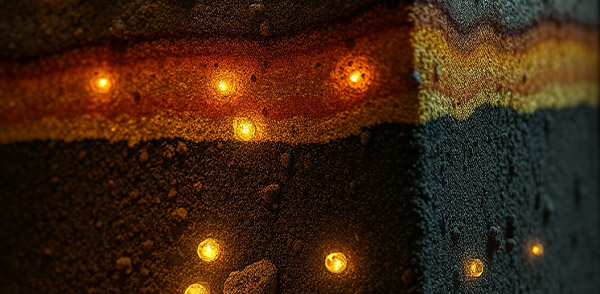
Weathered Rock Layer Drilling. a Hard mile
The weathered rock layer, or saprolite, is where the drilling process becomes more technical. This layer consists of partially decayed rock that has undergone chemical and physical weathering over time, resulting in a fragmented structure. From the drill's perspective, this zone can be unpredictable; the hardness and composition may vary significantly, requiring adjustments in drill speed, pressure, and bit type. Water-bearing fractures are often found here, making it crucial to monitor the borehole for signs of groundwater entry. Maintaining borehole integrity becomes challenging due to the potential for collapsing sections, especially if the rock fragments are unstable or loosely compacted.
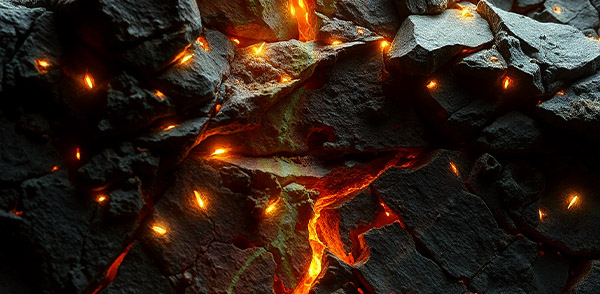
We Become Bedrock Layer Happy
The bedrock is the final and most formidable barrier between the drill and the groundwater source. This layer consists of solid, unweathered rock that may include granite, limestone, sandstone, or basalt. Drilling into bedrock demands specialized equipment, such as rotary drills with diamond-tipped bits, capable of cutting through dense and resistant materials. The process is slow and labor-intensive, as the drill must create a precise and stable borehole to reach aquifers or fractures within the rock. These fractures often serve as conduits for groundwater, but locating them requires accurate geological mapping and monitoring. Excessive vibration, overheating of the drill bit, and borehole misalignment are common challenges in this phase that must be carefully managed.
